Are you gearing up to negotiate your employment terms, but unsure where to start? Crafting the perfect letter can make all the difference in conveying your needs and expectations to prospective employers. Whether you're looking for a higher salary, flexible hours, or additional benefits, a well-structured letter sets the tone for a successful discussion. Dive in to discover how to formulate persuasive arguments and effectively communicate your worth in our detailed guide!

Job title and responsibilities
Negotiating employment terms, especially regarding job titles and responsibilities, is an essential aspect of career development. Job titles, such as Marketing Manager or Software Engineer, signify levels of seniority and authority within an organization. Specific responsibilities associated with these titles can significantly impact salary expectations and career trajectory. For instance, a Marketing Manager might oversee brand strategy, digital campaigns, and team leadership, influencing overall company growth. In contrast, a Software Engineer may focus on application development, system architecture, or project management, which could dictate the need for specific technical skills. Clearly outlining expectations and mutual agreement on these terms enhances clarity, reduces misunderstandings, and establishes a solid foundation for success within the organization.
Salary and compensation package
Negotiating employment terms involves careful consideration of various factors such as salary, benefits, and work-life balance. When discussing salary, it is essential to reference industry benchmarks, such as the average annual salary for a Marketing Manager in the United States, which typically ranges from $60,000 to $100,000 depending on experience and location. Compensation packages may include additional elements like health insurance, retirement contributions, and bonuses. Employers often provide details about stock options, performance bonuses, and flexible working arrangements. Clear communication regarding expectations for job responsibilities and performance metrics can also greatly impact the negotiation process. Furthermore, understanding the specific needs and culture of the hiring organization can lead to a more favorable outcome for both parties.
Benefits and perks
Benefits and perks play a crucial role in employment negotiations, significantly impacting job satisfaction and work-life balance. Common benefits include health insurance plans, which cover medical expenses and can vary widely in coverage levels; retirement savings plans like 401(k)s, where employers may match contributions to encourage saving; paid time off policies, typically ranging from two to four weeks annually; and flexible working arrangements, encompassing remote work options and flexible hours to accommodate personal commitments. Additional perks may include professional development opportunities, travel allowances, or wellness programs that promote physical and mental health. Understanding the value of these benefits in monetary terms can aid in negotiations, ensuring a comprehensive and appealing employment package.
Work schedule and remote work policy
Negotiating employment terms may require discussing work schedules and remote work policies. Clear communication fosters understanding. Many companies emphasize flexibility in work arrangements, especially for remote positions. A desirable work schedule often includes core hours, typically between 10 AM and 3 PM, allowing employees to manage personal commitments. Adding options like a hybrid model can enhance job satisfaction and productivity. Remote work policies could include guidelines on communication tools such as Slack or Zoom, expectations for availability, and deliverables. These elements create a framework that supports both employee well-being and organizational goals. Clarity ensures alignment on work expectations.
Contract duration and renewal terms
Negotiating employment terms involves careful discussion about contract duration and renewal terms. Contract duration typically specifies the length of employment, which may range from a few months to several years, depending on the company's needs and industry standards. Renewal terms outline the conditions under which the contract can be extended, usually requiring mutual agreement between the employee and employer, often reviewed several months prior to the contract's expiration date. These discussions may also include clauses related to performance evaluation, salary adjustments, and other benefits that influence the decision to renew. Precise language in the contract is crucial to avoid ambiguity and ensure both parties' expectations align over the employment period.
Letter Template For Negotiating Employment Terms Samples
Letter template of employment terms negotiation for remote work flexibility
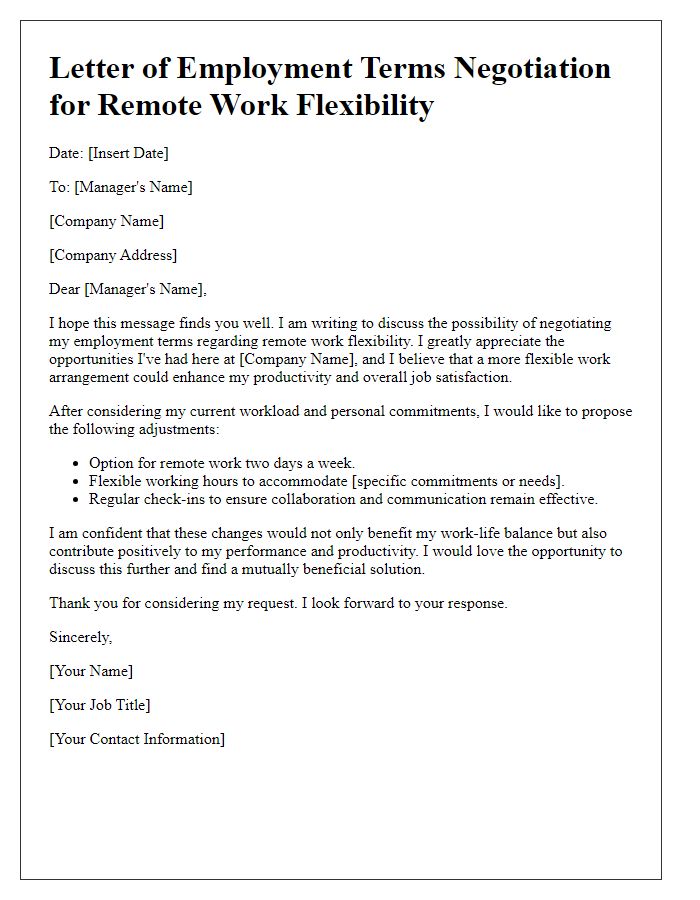
Letter template of work schedule adjustment for better work-life balance
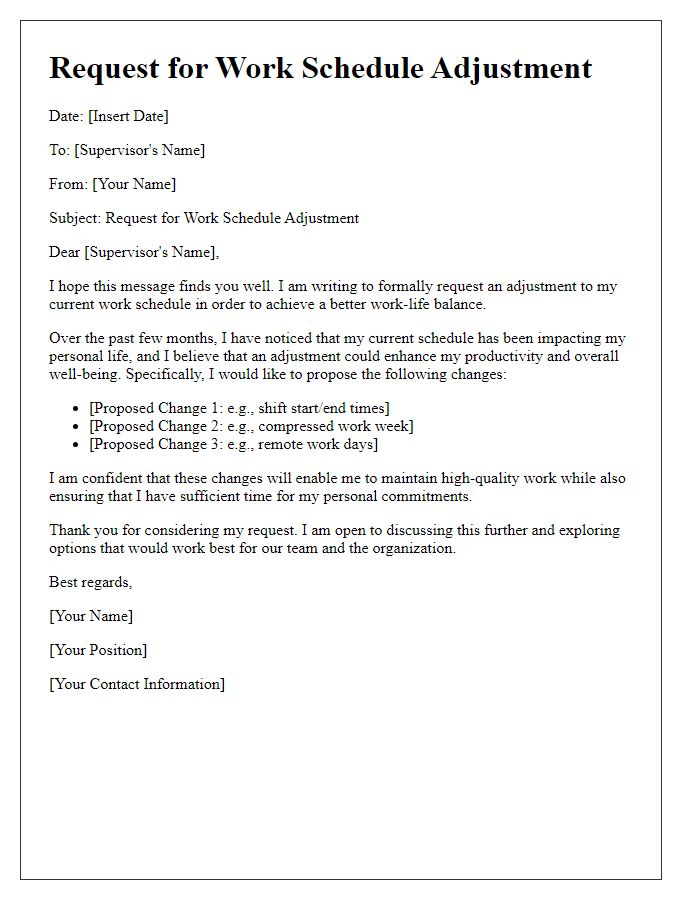
Letter template of contract terms renegotiation for a freelance position
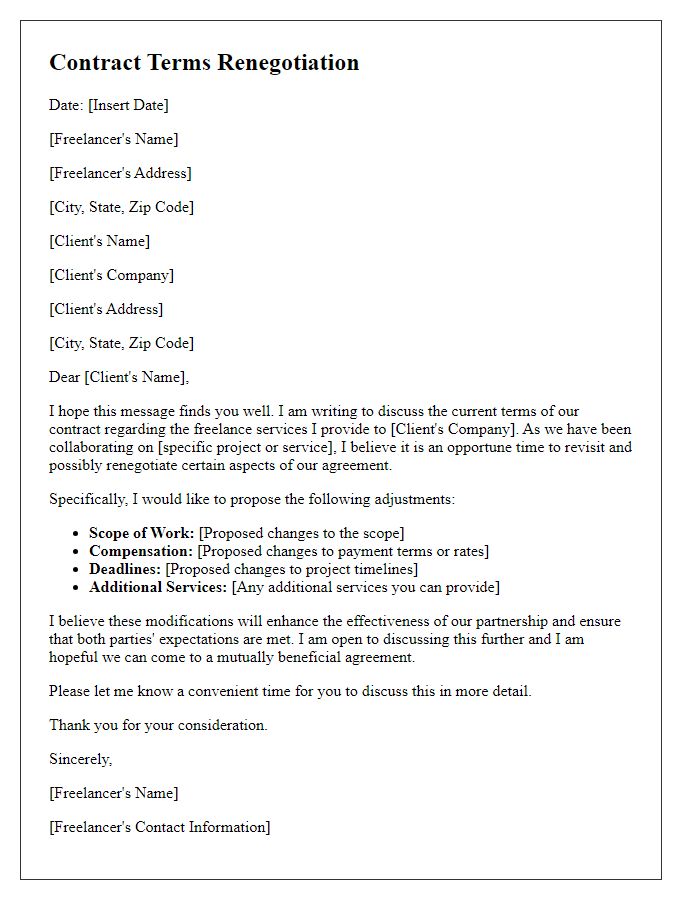

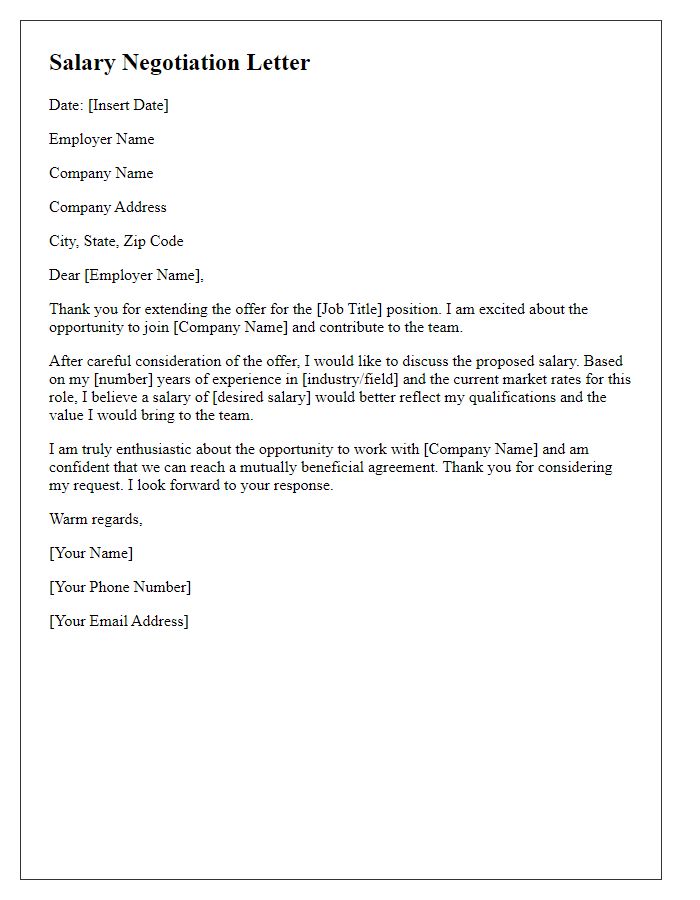

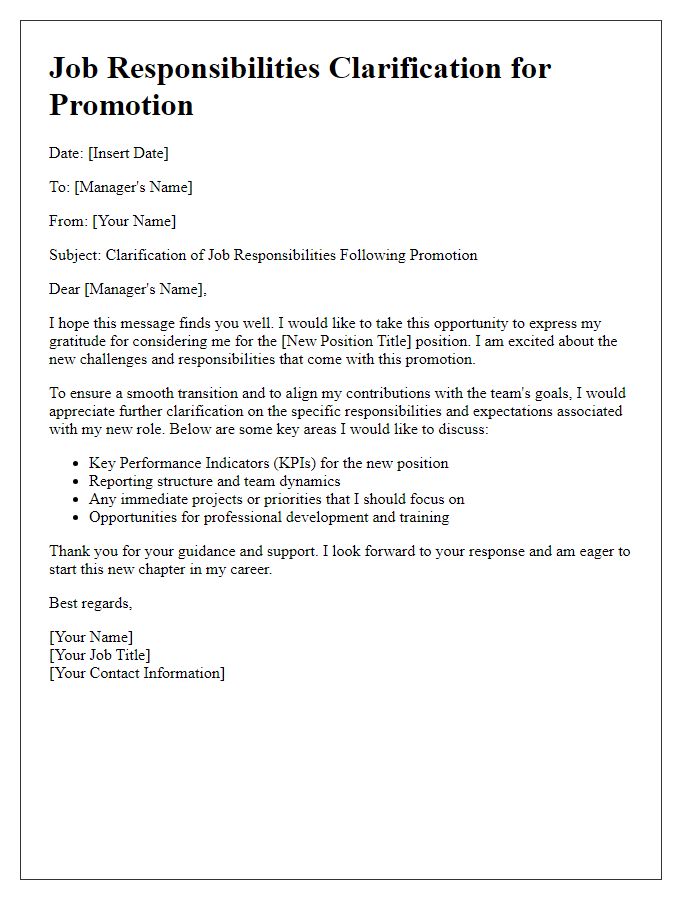
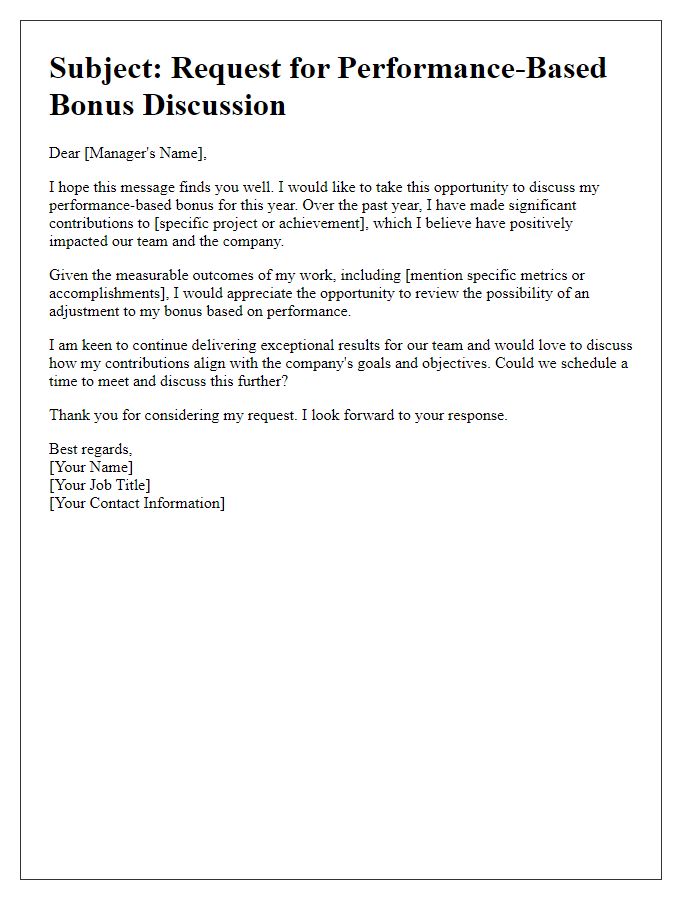
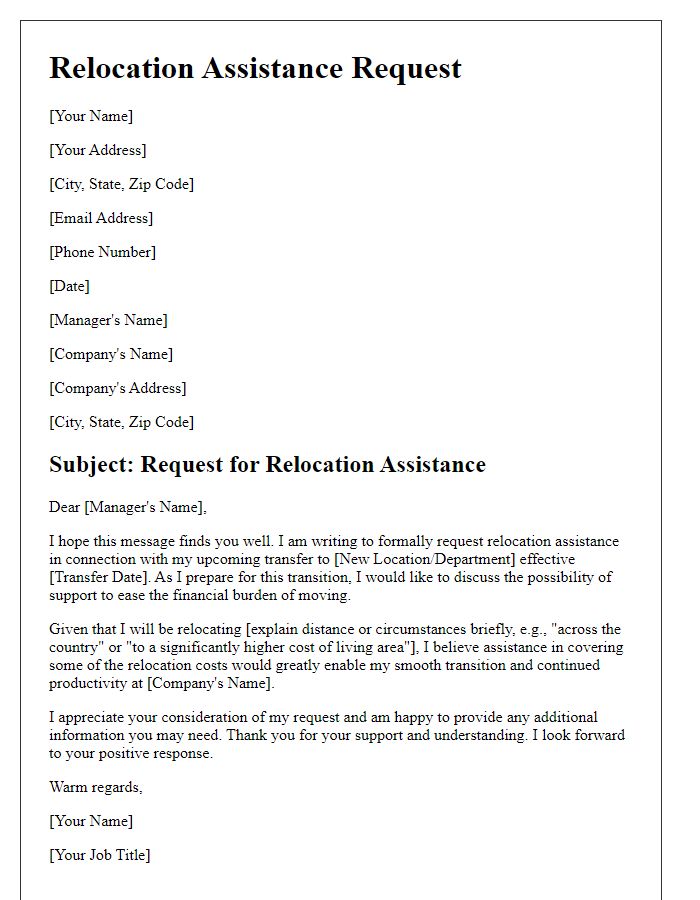
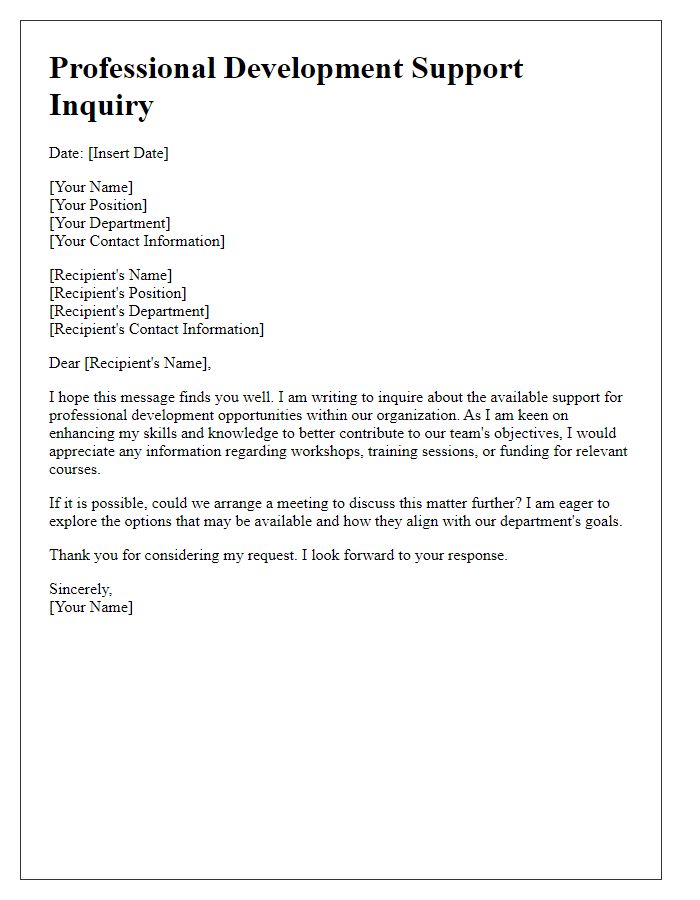
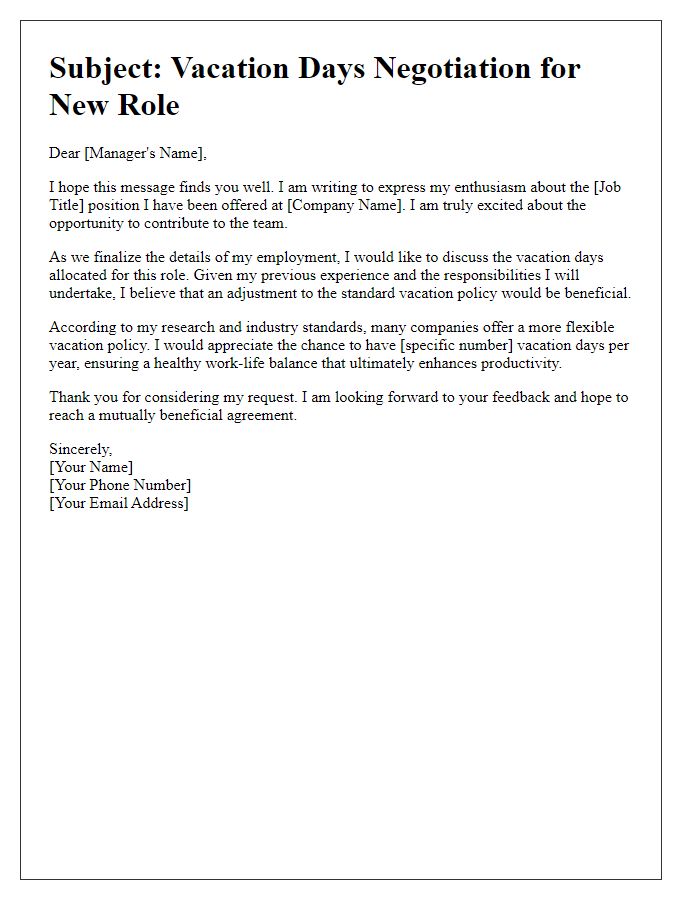


Comments